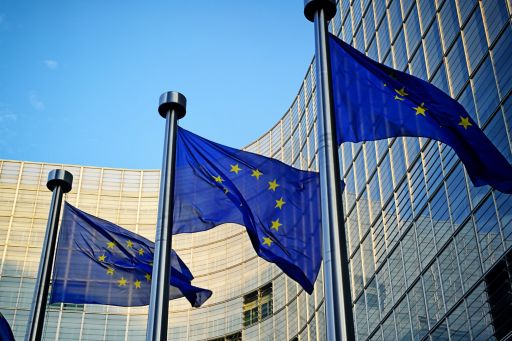EU black listed countries: Thai tax regimes to be amended
EU black listed countries
As part of the OECD’s implementation of the Base Erosion and Profit Shifting (BEPS) action points, the OECD undertook its first peer review of preferential corporate tax regimes in Thailand. In the course of that review, five corporate tax regimes were classified as “harmful tax practices” in its report, Harmful Tax Practices – 2017 Progress Report on Preferential Regimes, published 16 October 2017. The named tax regimes are: (i) International Headquarters (IHQ), (ii) Regional Operating Headquarters (ROH), (iii) International Trade Center (ITC), (iv) Treasury Center (TC), and (v) International Banking Facilities (IBF).

According to the OECD, these tax regimes are seen as preferential regimes that contain certain “harmful features” that can allow multinationals to shift profits from other jurisdictions to Thailand. The regimes have also been criticized for lacking transparency or allowing tax benefits irrespective of whether substantial activities are carried out in Thailand. The OECD has indicated that these regimes must be amended or abolished by 30 June 2018 if the regimes involve intellectual property tax benefits, or 31 December 2018 otherwise.
The Thai Government appears to have committed to amend or abolish the five identified regimes in line with the OECD’s standards. The Thai Government has not yet released any information to the public about its proposed approach for amending or abolishing the identified regimes.
In addition, on the 5 December 2017, the Council of the European Union has also released the European Union (EU) list of non-cooperative jurisdictions for tax purposes (the EU’s report). Thailand has been placed in the “grey list” of the EU report as not appearing in compliance with the EU criteria on tax transparency and fair taxation in relation to the same tax regimes reviewed by the OECD.
More importantly, the EU is inviting the EU institutions and Member States to take the EU list into account in foreign policy, economic relations and development cooperation with the relevant third countries and to implement the necessary defensive measures in both non-tax and tax areas in order to send a strong signal to the jurisdictions concerned and encourage a positive change.
Defensive measures of a legislative nature in tax are expected to be implemented by the Member States against non-cooperative jurisdictions. The suggested measures include non-deductibility of costs, withholding tax measures, limitation of participation exemption, controlled foreign company rules, and special documentation requirements. It is up to each Member State to decide and legislate the appropriate defensive response.
According to the EU report, Thailand has presented its commitment to the EU to amend or abolish the identified harmful tax regimes by the end of 2018. The Thai Government has not announced its proposed response to or planned legislative changes.
If no action is taken by the Thai Government before the end of 2018, the implementation of tax defensive measures by EU Member States against Thailand may negatively affect transactions registered between Thai entities and EU counterparties, as well as impact the willingness of European groups to locate their hub activities in Thailand in future.
© 2025 KPMG Phoomchai Tax Ltd., a Thailand limited liability company and a member firm of the KPMG network of independent member firms affiliated with KPMG International Cooperative (“KPMG International”), a Swiss entity. All rights reserved.
KPMG International Cooperative (“KPMG International”) is a Swiss entity. Member firms of the KPMG network of independent firms are affiliated with KPMG International. KPMG International provides no client services. No member firm has any authority to obligate or bind KPMG International or any other member firm vis-à-vis third parties, nor does KPMG International have any such authority to obligate or bind any member firm.
